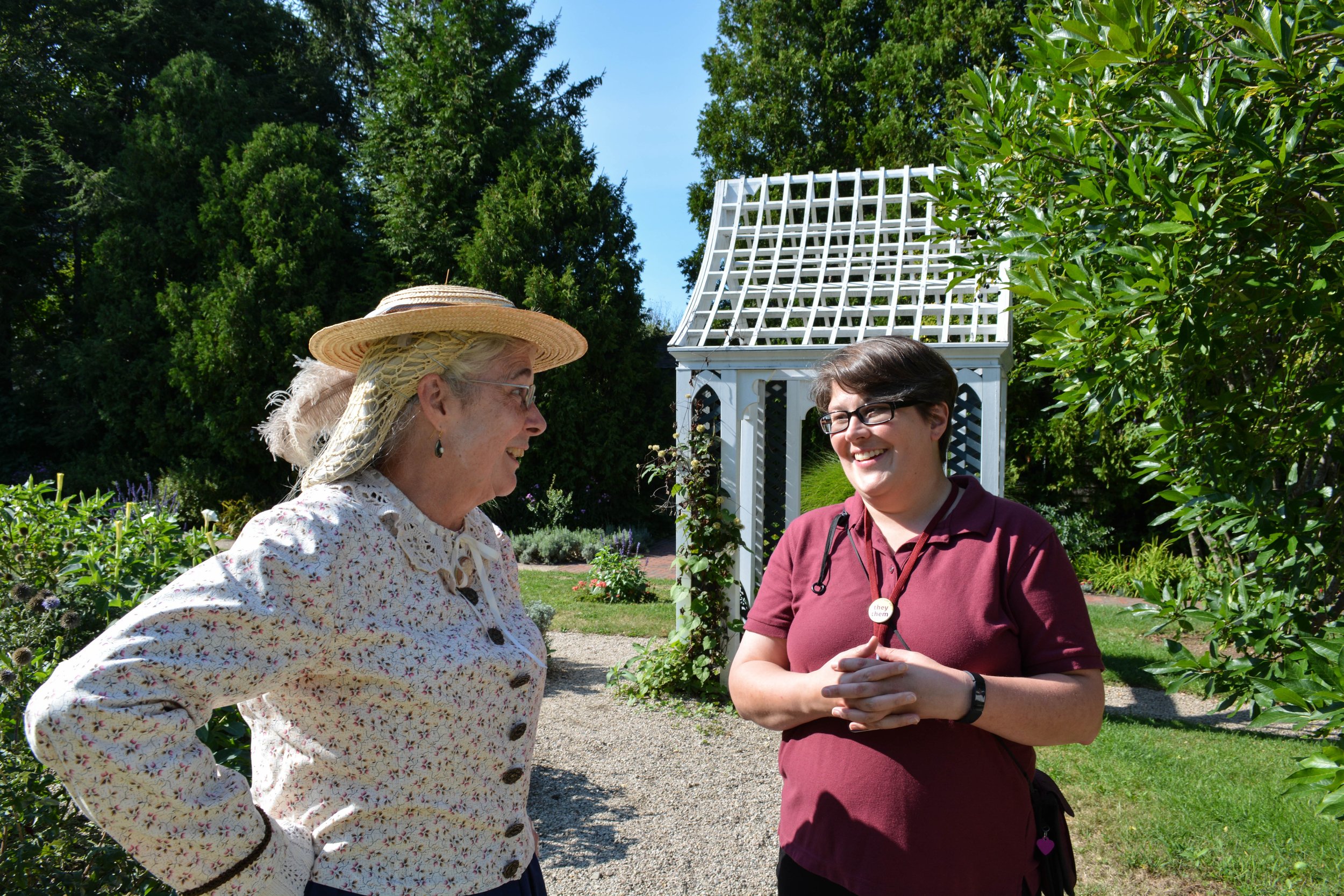Strawbery Banke uses the past to understand the present.
-

Abenaki Heritage Initiative
The Abenaki Heritage Initiative is an interpretive initiative designed to enrich the stories of Native people in the Seacoast region as told at the Museum. The Abenaki Heritage Initiative provides an umbrella under which to organize the continued relationship building with Abenaki descendant communities and planned daily programming and special events featuring Indigenous stories.
-

Black History
Enslaved Africans and African-Americans have played a significant role in New Hampshire history and the community of Strawbery Banke. Museum staff is committed to telling their stories as enslaved and free people before the state’s ratification of the 13th Amendment in 1865, as well as throughout Puddle Dock’s post-13th Amendment history.
-

Heritage House Program
The Heritage House Program (HHP) is a cultural, community, and economic initiative to restore and lease underutilized space as modern offices and apartments. This program brings back the bustle of a village that existed on this site since early times and generates ongoing income that helps maintain the historic houses.
-

Diversity, Equity, Inclusion, Accessibility, and Belonging (DEIAB)
Strawbery Banke’s DEIAB Task Force takes action in areas of diversity, equity, inclusivity, accessibility, and belonging for all visitors, staff, and the community at large. We recognize that this work is constantly evolving and strive to better the Museum on an ongoing basis.
-
Penhallow-Cousins House Restoration
Restoring and rehabilitating Penhallow-Cousins House will have a major impact on the Museum’s mission. Penhallow-Cousins House, the only “saltbox” house remaining at Strawbery Banke, and one of very few left in this area, is rich in history. Once restored, the Museum plans to open the house for the first time to the public and interpret a 20th-century Black experience.
-

Sea Level Rise
Before Portsmouth was settled, Puddle Dock was a tidal estuary. By 1900, the inlet had been filled in to create additional land for the city’s growing population. Now the sea is returning. Learn how Strawbery Banke is partnering with the City of Portsmouth and other organizations to seek a solution to this increasing threat.

Land Acknowledgement
Strawbery Banke Museum is on the homelands of the Abenaki people, who have ongoing cultural and spiritual connections to this area. We acknowledge the land and the people who have stewarded it through the generations.


